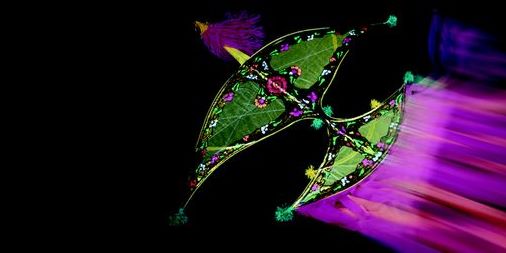
March 28, 2013, by ICCSR
New CSR Dynamics? Institutions and systems in a more challenging era
The first decade of the 21st century saw growth in the talk about, and espousal of, Corporate Social Responsibility (CSR), particularly by multinational corporations (MNCs) across a wider set of geographical regions, most notably Asia. This growth was accompanied by other phenomena. The first was that CSR emerged as much more of a multi-stakeholder concern, with initiatives reflecting civil society, government and international institutions. The second was that CSR developed in a relatively benign atmosphere of economic growth and optimism about the capacity of business for social responsibility and sustainability. This in part informed the interest in the relationship of CSR to financial performance.
In August 2013 the ICCSR, in partnership with colleagues at the University of Nottingham’s Malaysia Campus, will be hosting a conference designed to examine CSR in the context of two sorts of developments.
The first is that the optimism of the ‘noughties’ has become dulled by the impacts of the financial crisis, particularly in the West and, more recently by signs of a wider economic slowdown, evidenced by tempered growth rates even in China and India. Moreover, confidence in business capacity for social responsibility has been strained by, for example: numerous cases of individual and organisational corruption; extractive sector disasters; continued supply chain abuses; and seeming indifference to threats of climate change, resource exhaustion and dwindling bio-diversity. In short, the context for CSR appears challenging.
Yet at the same time, CSR institutions and systems appear to be growing and embracing a wider number of business and other actors. This includes: business-led CSR institutions; fair and ethical trade; social enterprise; the strengthening of socially responsible investment; and more general new governance systems which entail CSR; the embrace of CSR by established economic institutions, most notably stock exchanges; and a greater interest in CSR by established non-business institutions, such as national governments and professional associations. In short, the systems for CSR appear more widespread and robust.
In this context, new understanding of CSR dynamics is required. This agenda can be captured in a number of questions.
Will CSR become more about system maintenance and legitimacy rather than firm level performance? Relatedly, will this mean that CSR becomes more about compliance than innovation and differentiation? Conversely, can the new CSR institutions innovate as well as secure standards of responsibility? Can business-level innovation achieve solutions to greater scale beyond those pursued by individual businesses and their stakeholders, and beyond those mandated by new institutions and standards?
More broadly, declarations of intent and signatories apart, what is the impact of new CSR institutions such as the UNGC, the UNHR, the GRI, SRI, and fair and ethical trade systems?
What is the balance between the impact of the national political, cultural and ethical norms on CSR and the new international CSR institutions and systems? Are they operating in isolation from one another or are there interactions; and what sort of interactions?
If the new CSR is about institutions, systems and networks, does this mean that implicit CSR is on the wane and explicit CSR on the increase? Or, does CSR entail a more complex mix of implicit and explicit drivers and behaviours. How do different national business systems manifest this complexity, among Asian countries, for example?
Is CSR spreading from its western homes to most other national business systems? How and why? What are the implications of this for different societies? Or is CSR simply an overlay on more longstanding Asian, African and South American systems of business responsibility?
Is a re-localisation of CSR pending with an economic downturn and a politicisation of protectionism for the preservation of local economic, social and environmental well-being?
What the roles of business actors, particularly MNCs, business associations and initiatives in spreading CSR? Can they impact on business more widely or even more holistically? How and why?
What are the roles of non-business actors, such as civil society, government, professions, (social) media, and educators? How and why do they impact on CSR?
By Professor Jeremy Moon, Director of the ICCSR, Nottingham University Business School and Dr Rebecca Chung-hee Kim, Assistant Professor of Corporate Social Responsibility and International Management, Nottingham University Business School, University of Nottingham Malaysia Campus
The call for papers for the conference is now available. Authors interested in submitting a paper for presentation at the conference should submit an abstract of 1000 words to Dr Rebecca Chung-Hee Kim at ChungHee.Kim@nottingham.edu.my by 10 May, 2013.
Image © Marlane Guelden reproduced under license. Source: http://www.agefotostock.com/en/Stock-Images/Rights-Managed/PIL-M04100076
No comments yet, fill out a comment to be the first

Leave a Reply